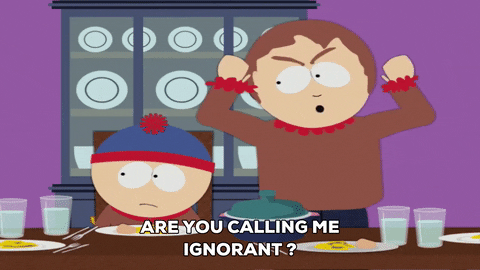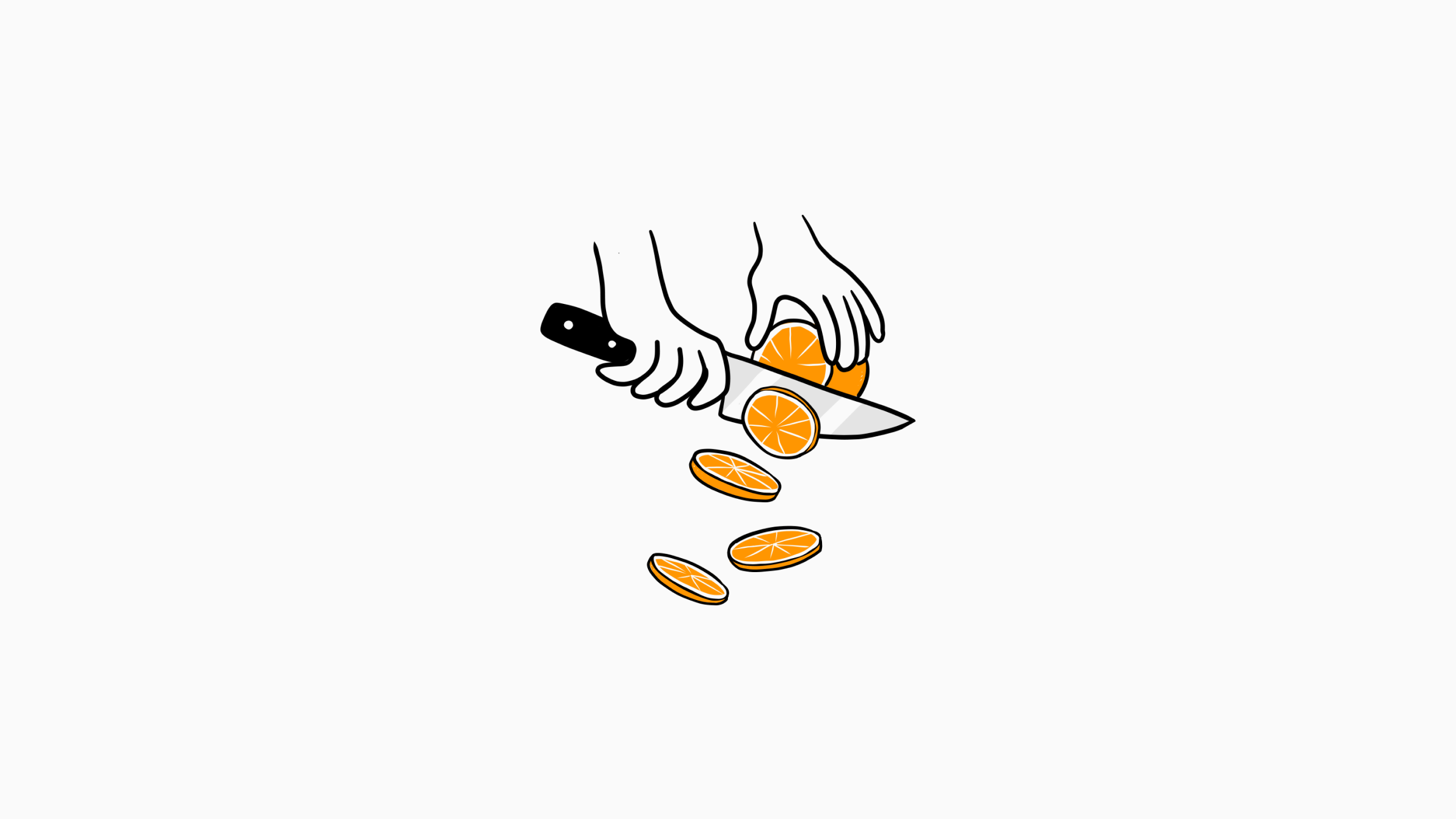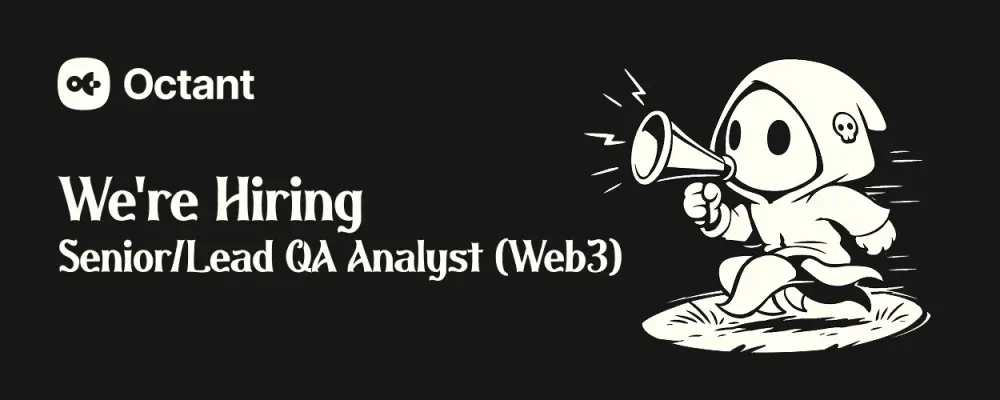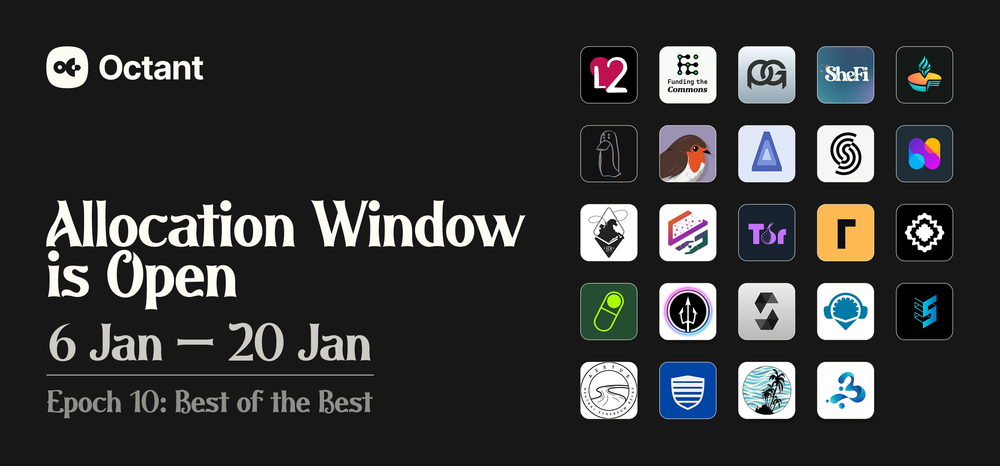Donation season is here! Ecosystems such as Ethereum have allowed us to create services, protocols, and products that benefit our community as a whole. We have the likes of Gitcoin, Optimism, and Giv.eth helping fund public goods and contribute to impact. There are lots of initiatives exploring novel governance ideas such as Quadratic Funding (QF), Retroactive Public Goods funding, incentive mechanisms, measurement, reporting, and verification tools, as well as on-chain reputation tool. The list can sometimes feel never-ending. With these, we're seeing some amazing projects building, and who are participating to get access to funding. This donation season also coincides with what feels like a crypto bull market (not to jinx it) - prices are rising and giving to the right projects is becoming even more impactful.
So how do we choose, when there are so many amazing public goods, worthy of support? We have a few tips you may find useful.
💚 Do your research and pinpoint what you’re most passionate about

Is it the Ethereum ecosystem? Is it open source software? Is it supporting a certain social cause or creating eco-friendly solutions?
Take the time to dig deeper into the projects’ mission statements, roadmaps and white papers to better understand them and their goals. Explore their websites, read reports, work on getting testimonials or reviews from beneficiaries in the space they impact.
Reflect on your personal values, interests, and experiences to see what aligns with them. It may also be helpful to engage in the projects’ Discord servers, forums and social media to learn more about them, straight from the source. Donation platforms often host events that will let you learn more about the projects featured in their future or current round of funding.
💸 Learn more about donation mechanisms

Familiarize yourself with the voting models and donation matching systems of the the platforms you’re using.
For example, at Octant, we offer incentives to those who decide to do good and we match donations, as high as 58x, to multiply their impact. We’ve also staked 100,000 ETH, with majority of the yield going towards funding public goods and facilitating user rewards.
Research how you can maximize your impact and gain some rewards for your participation in public goods funding.
⚠️ Look for transparency and avoid potential scams

The web3 space can be amazing but it can also be a minefield. Try to find projects and platforms that have proper accountability mechanisms in place. This can be subjective, and can mean regular audits by independent third parties, established governance standards, or transparent reporting on outcomes and impact.
Shy away from projects that don’t have a proven track record, and stay vigilant and when donating, especially when donating through your crypto wallet.
❓ Try to be ignorant

Sound like a strange statement? Well, this is where a philosophy twist comes in. There have been plenty of thinkers who’ve taken upon themselves to think of ways to break existing human biases which can heavily impact our decisions.
One of these thinkers was American philosopher, John Rawls, who wanted us to forget our personal circumstances, values and gained knowledge. His idea was when we sit behind a "veil of ignorance" we can see what would be best for society as a whole. This also neatly connects us to the idea of Michael Shermer's Fairness Principle. When contemplating a moral action, imagine that you don't know if you will be the moral doer or receiver, and when in doubt err on the side of the other person.
So this thought experiment lets us veer away from what would be good for us and instead think about what would be good for everyone. We start imagining a world built on mutual trust, justice and fairness. We rid ourselves of a range of cognitive biases that cloud our judgement. When behind the veil of ignorance we come up with ideas which benefit everyone and ensure a fair distribution of resources. This can help fight the tragedy of the commons: a scenario in which individuals, acting in their self-interest, collectively deplete or degrade a shared resource.
The Veil of Ignorance is, of course, a fictional scenario. In the real world we hold biases so deep and our circumstances can be so limiting that stepping out of the social contexts we reside in can prove too difficult of a task. Still, we can imagine and test out what could, in theory, work best for everyone.
So as we enter donation season, the opportunities to contribute to public goods within the Ethereum ecosystem and beyond are abundant. Pick areas you're passionate about, stay cautious and vigilant, and always trust your instincts.
Think about the counter side to this too: imagine what you would do if you weren’t thinking of your own interests. Watch yourself counter your own bias. Imagine a world built on mutual trust, justice, and equitable resource distribution. Might sound a tad idealistic but by taking these steps and embracing a mindset of informed generosity, you might come to some surprising conclusions. Now, let's donate and fund some public goods!



